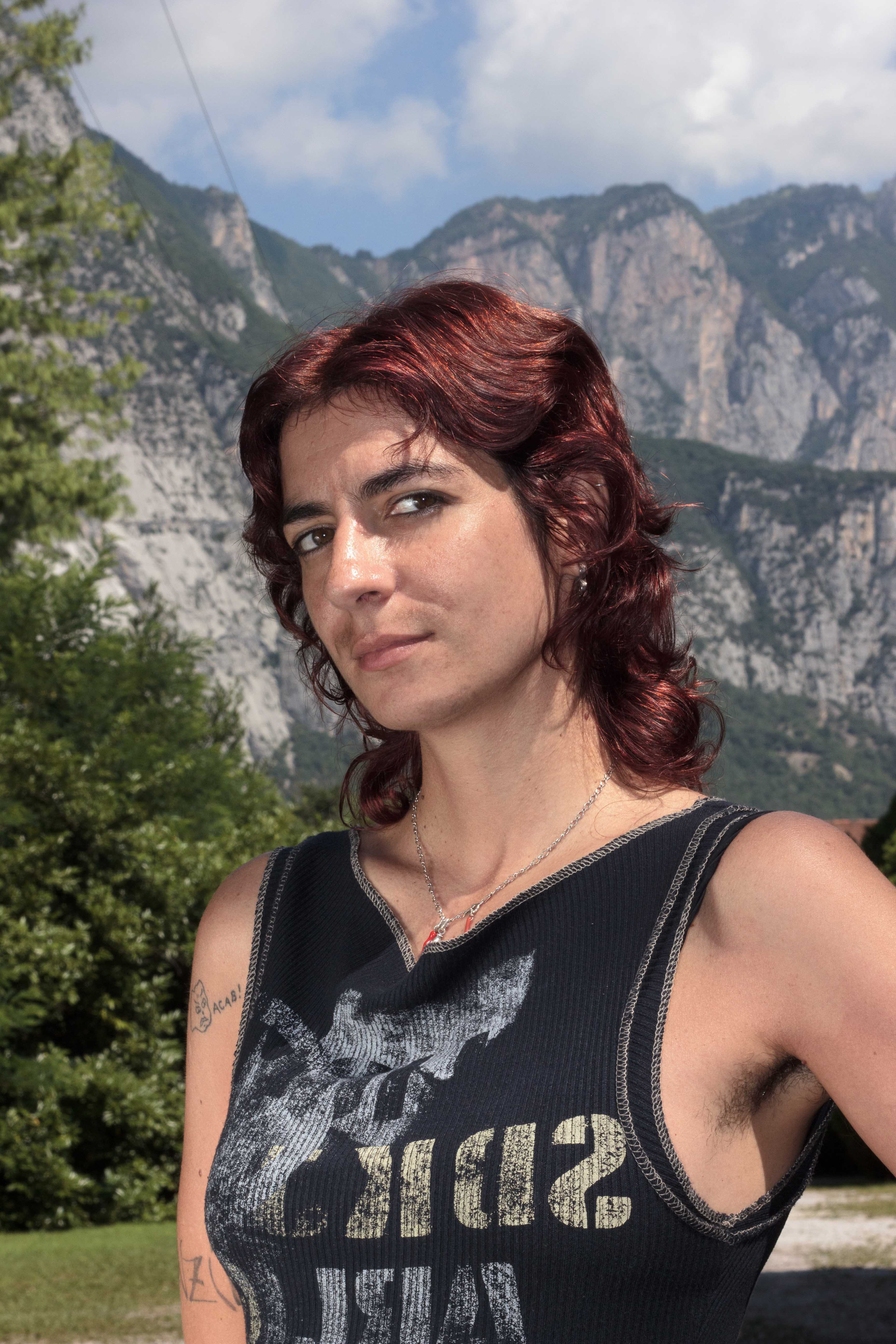Dalia Maini ~ In the confusing and magnetic travel of Bandits and Poets*. Communities of Criminals.
Thesis supervisor: Dr. Amit Rai
Thesis: In the confusing and magnetic travel of Bandits and Poets*. Communities of Criminals.
July 2024
Abstract
In a global society of people without bonds, if not those based on the racial-capitalist ranking of humanity, lives that don’t t the hegemonic discourses of national, class, and racial belonging are deemed criminal. Under this heteronormative, classist, supremacist political regime, juridical systems are safe structures for the dominant cages that lead to incarceration and death for “the others.” For the latter, there is no doubt the less dangerous way of surviving is that of being outlaws and living in constant fugitivity, in a dialectic dynamic of visibility and invisibility, of systemic erasure and predatory overexposure of bodies, narratives, and spiritualities. In this existence between the utopian desire for freedom and the quotidian expressions of violence, they live and love as ghosts, in a liminal space and time.
Whether the relationship between outlawed, illegality, and criminality is not interchangeable and varies according to temporalities and national legal frames, racial capitalism makes indistinguishable, in the production of racialized and deviant bodies, the status of illegality with that of criminality. From this knot, abolitionist movements, guided by the very questioning of incarceration as the means to control and identify groups of people, argue that the criminal label has to be deconstructed in its social and institutional components to reveal the political project behind it. In the spirit of honoring the abolitionist movement but challenging discursive frames, this investigation doesn’t aim to dissect juridical institutions to social reproduction but to move within criminality as another ction, a constructed punishment for those who expose the dysfunctionality of society. Familiarizing myself with the humbleness required to approach the positions at the margin of history, my desire is to sit into criminality as a way of re-organizing and comprehending its epistemologies and forms of society-making.
By interlacing historical experiences of maroonage, partisanship, and waywardness embodied by the gure of the slave, the political dissident, and queer body with a contemporary repertoire of original gangsters closer to my attention, I will deviate from hegemonic discourses of normativity toward the emancipation of every human into a bigger project of reciprocity. The inhabitation of what F. Moten and S. Harney dene as the surrounding space where self-possession is self-defense, where the foundation of society is built in movement, in opacity, in nocturnal assemblies, and in trance, will fertilize the emergence of subjectivities that navigate life guided by aliations that are more than biological, go beyond national borders, and move in models of relational world-making. At stake is the possibility of acknowledging the severed origin of multiple societies that represent the world dened by Glissant as chaos-monde, a relational process open to new beginnings. A speculative lens will be applied to breach the skein of the complex notion of justice.
The energy of the ghostlike experience of Community of Struggles and Revolutionary Lovers with characters and stories that challenge our normative ideas about time, nation, family, borders, and aections is an invitation for pluriversality to lure into our life. Accepting this invitation to not be complicit with the oppressors, this thesis will be pursued. How will I operate? By thinking along with the stories, memories, and ction of the communities I will encounter during this project, I will populate the transnational space against and within the society of criminality. Hopefully, while unraveling the strategies of co-existence and disruption, I will make my own, and with all my courage, I will embody it.
*The title is inspired by The-Incidental-Insurgents-The-Part-About-the-Bandits, a work by Basel Abbas and Ruanne Abou-Rahme
Author Dalia Maini


